Best Selling- Dog Memorial Stone
View allDog Passes Away: What to Say and Not to Say
The passing of a beloved dog is an incredibly challenging and emotional experience. Dogs hold a special place in our hearts as loyal companions and cherished family members. When a dog passes away, the loss can be devastating, leaving a profound void in the lives of their owners.
Addressing the loss of a beloved dog is of utmost importance. It is essential to recognize and acknowledge the depth of grief and pain experienced by those who have lost their canine companion. Just as we offer support and condolences to someone who has lost a human loved one, it is equally important to extend the same level of empathy and understanding to those mourning the loss of their dog.
The purpose of this blog is to provide guidance on what to say and, equally crucial, what not to say when someone has lost their beloved dog. While words alone cannot fully heal the pain, they can offer comfort, support, and solace during the grieving process. Understanding the right way to express condolences and empathy can make a significant difference in helping grieving dog owners navigate their emotions and find healing in their own time.
By offering insights into appropriate and compassionate responses, this blog aims to assist friends, family members, and acquaintances in providing the necessary support to someone coping with the loss of their beloved dog. Together, let us learn how to be a source of comfort during this challenging time.
Understanding the Dog Passes Away

The bond between humans and their dogs is extraordinary, surpassing words. Dogs become cherished companions, providing unwavering loyalty and unconditional love. They seamlessly integrate into our families and hold a special place in our hearts.
However, the dog passes away carries immense emotional weight, unleashing profound grief, and an undeniable void. Dogs intertwine their lives with ours, offering solace during our struggles. Their departure leaves an indelible mark, creating deep emptiness.
Nevertheless, recognizing and honoring the significance of the loss is paramount. Dogs are cherished family members, and the pain experienced is genuine. By extending sincere empathy, and understanding, and allowing space for expression, we have the power to provide solace during this difficult time. In doing so, we validate the profound bond and pay tribute to the impact they had on their owner's life.
What to Say to Someone Whose Dog Loss
Expressing condolences and empathy:
Offering simple and sincere words of sympathy can provide comfort during this difficult time. Expressing sentiments like "I'm so sorry for your loss" or "My heart goes out to you" can convey genuine empathy.
Acknowledging the depth of their grief demonstrates understanding and compassion. Letting them know that you recognize how much their dog meant to them and that their pain is valid can be comforting.
Encouraging the grieving process:
Validating their feelings of loss allows them to process their emotions. Assure them that it's natural to feel immense sadness and that grieving is an essential part of healing.
Offering a listening ear can be invaluable. Let them know you're there to lend support and that they can talk about their dog whenever they feel ready. Sometimes, all they need is someone who will listen without judgment.
Sharing fond memories and stories:
Encourage reminiscing about happy moments shared with their dog. This can provide comfort and allow them to celebrate the special bond they had. Share your own memories if you had experiences with your beloved dog.
Showing appreciation for the dog's life and impact can be meaningful. Recognize the joy and love their dog brought into their lives, highlighting their unique qualities and the positive influence they had on both the owner and others.
By following these guidelines, we can offer genuine support and comfort to those who have lost their beloved dog, helping them navigate their grief and find solace in the memories and love they shared.
Some Samples Of What To Say
-
"I'm so sorry for your loss. Losing a beloved dog is incredibly tough, and I can only imagine how much you're hurting right now."
-
"Please know that my heart goes out to you during this difficult time. Your dog brought so much joy and love into your life, and their absence is deeply felt."
-
"I understand how much your dog meant to you. Their unconditional love and companionship were truly special. If you ever need to talk or share memories, I'm here to listen."
-
"Grief is a natural response to losing such a dear companion. Allow yourself to mourn and remember your dog in your own way. It's okay to feel overwhelmed by the loss."
-
"I can't begin to imagine the depth of your pain. Your dog was a cherished family member, and their absence leaves a void. Take all the time you need to heal."
-
"Your dog had such a beautiful spirit and brought so much happiness to your life. I'll always remember the joy they brought whenever we spent time together."
What Not to Say to Someone Who Has Lost Their Beloved Dog
Minimizing the loss or comparing it to other experiences:
It's essential to avoid phrases that downplay the significance of their loss, such as saying, "It's just a dog." Such statements invalidate their grief and the deep bond they shared with their beloved pet.
Refrain from comparing the loss of their dog to losing a person. While different, grief is a complex and personal experience, and each loss deserves its own acknowledgment and respect.
Offering unsolicited advice or solutions:
Recognize that everyone grieves differently and avoid imposing your own expectations or timelines on your healing process. It's essential to allow them the space and time they need to navigate their emotions.
Avoid making statements like, "You should get another dog" or suggesting quick fixes. While your intention may be well-meaning, it's crucial to let them decide if and when they are ready to open their hearts to a new pet.
Trying to replace the lost dog
Respect the unique bond between the person and their dog. Each relationship is special and irreplaceable. Avoid diminishing their loss by suggesting that another dog can simply fill the void left by their beloved pet.
Refrain from pushing them to find a new dog immediately. Healing takes time, and everyone has their own journey. Allow them to process their grief and decide when or if they are ready to welcome a new furry companion into their lives.
Remember, providing support means being mindful of our words and actions. By avoiding these pitfalls, we can create a safe and understanding space for someone who has lost their beloved dog, honoring their grief and allowing them to heal at their own pace.
Supporting the Healing Process
Offering practical help and assistance.
One way to support someone who has lost their beloved dog is by assisting with funeral arrangements or memorialization. Offer to help with tasks such as finding a pet cremation service, organizing a memorial service, or creating a tribute to honor their dog's memory.
Providing resources for pet loss support groups or counseling can be invaluable. Share information on local support groups or recommend professional counselors who specialize in pet bereavement. These resources can offer the person a safe space to share their feelings and receive guidance during the healing process.
Continuing support in the long term
Check-in on the person periodically, even after the initial days or weeks of their loss. Grief doesn't have a set timeline, and the pain of losing a beloved dog can be long-lasting. Sending a message, making a phone call, or arranging a visit shows that you still care and are there to support them.
Recognize the ongoing impact of the loss. Understand that even as time passes, the person may still experience moments of sadness or longing for their dog. Acknowledge their feelings and offer a listening ear or comforting words whenever they need it.
By offering practical help, providing information on support resources, and continuing to be there for the person in the long term, you can play a vital role in supporting their healing process. Your support and understanding can make a meaningful difference as they navigate the grief and find ways to honor their beloved dog's memory.
Final Thoughts
In summary, when offering support to someone whose dog passes away, it is crucial to choose our words wisely. We should express condolences, acknowledge the depth of their grief, and share fond memories. Conversely, we should avoid minimizing the loss, offering unsolicited advice, or trying to replace the lost dog.
During this challenging time, it is essential to extend our support and empathy to those who are grieving the loss of their beloved dog. By offering a listening ear, understanding their emotions, and providing comfort without judgment, we can help them navigate their grief and find solace in their own time.
Losing a beloved dog is a profound and heartfelt experience. It is crucial to recognize and honor the significance of this loss. Dogs hold a special place in our lives, becoming cherished companions and beloved family members. By acknowledging the depth of grief and offering sincere support, we validate the bond and pay tribute to the impact these dogs had on their owners' lives.
Through our words and actions, we can be a source of comfort, compassion, and understanding during this difficult journey of grieving the loss of a beloved dog. Let us extend our heartfelt support to those who need it and honor the memory of their beloved companions.


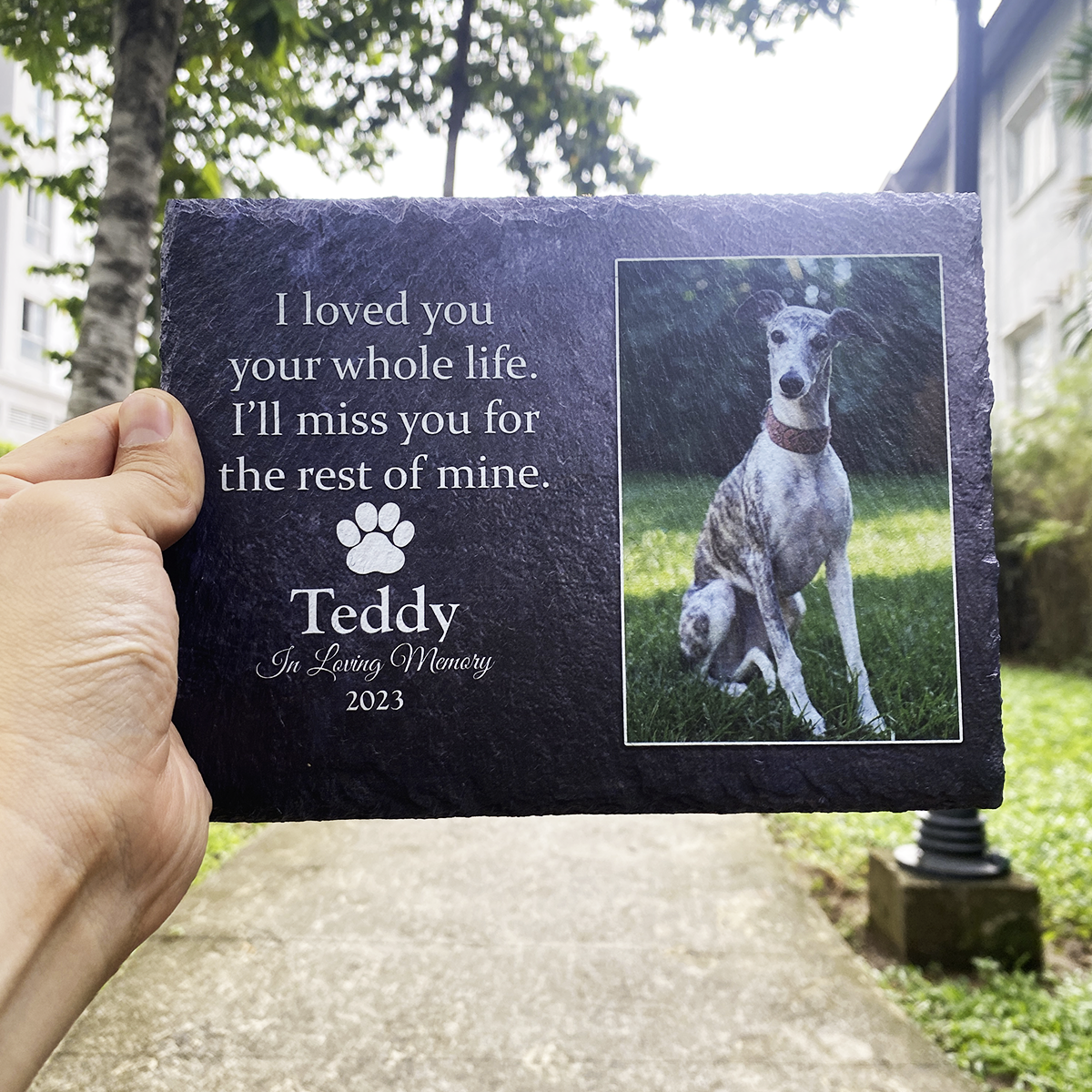
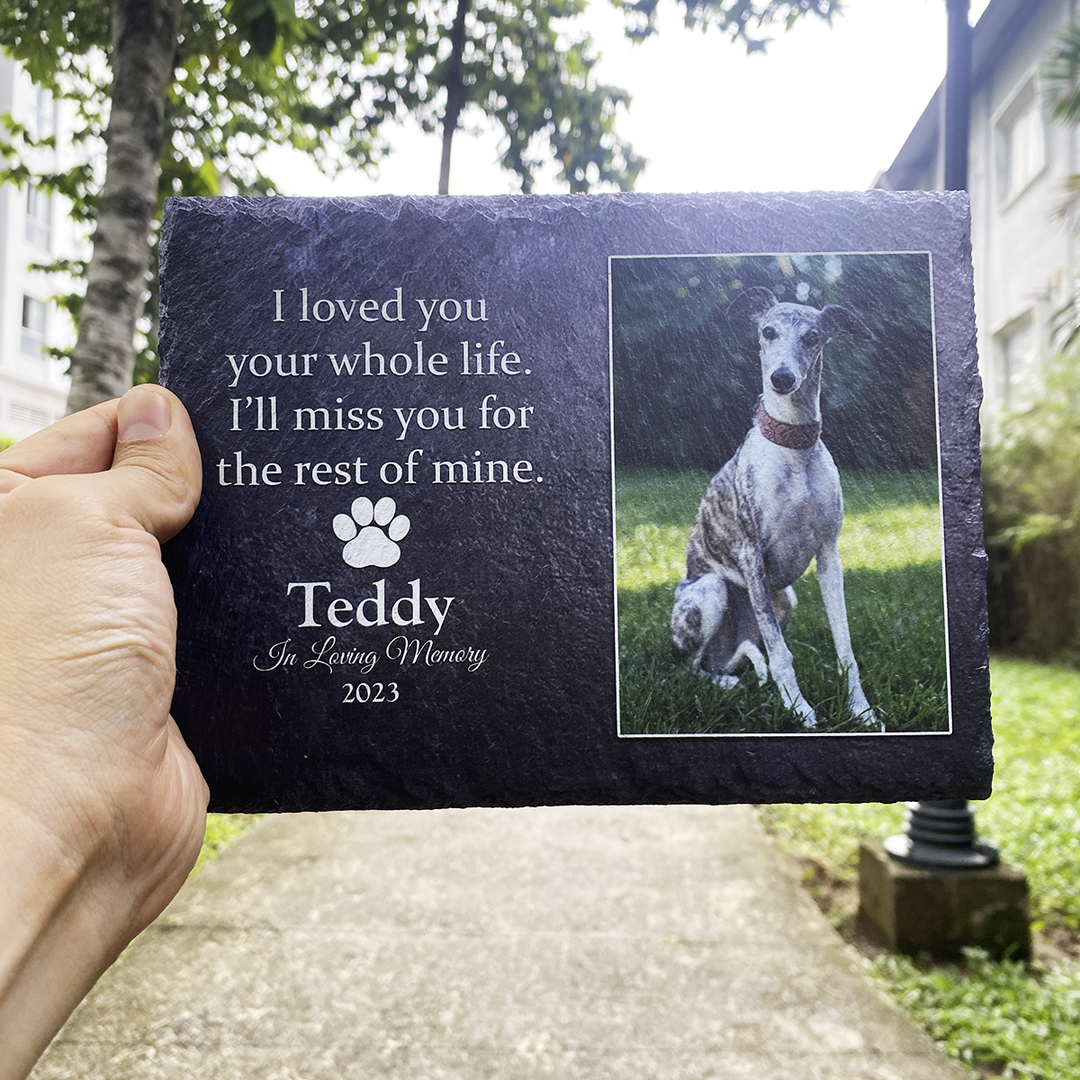

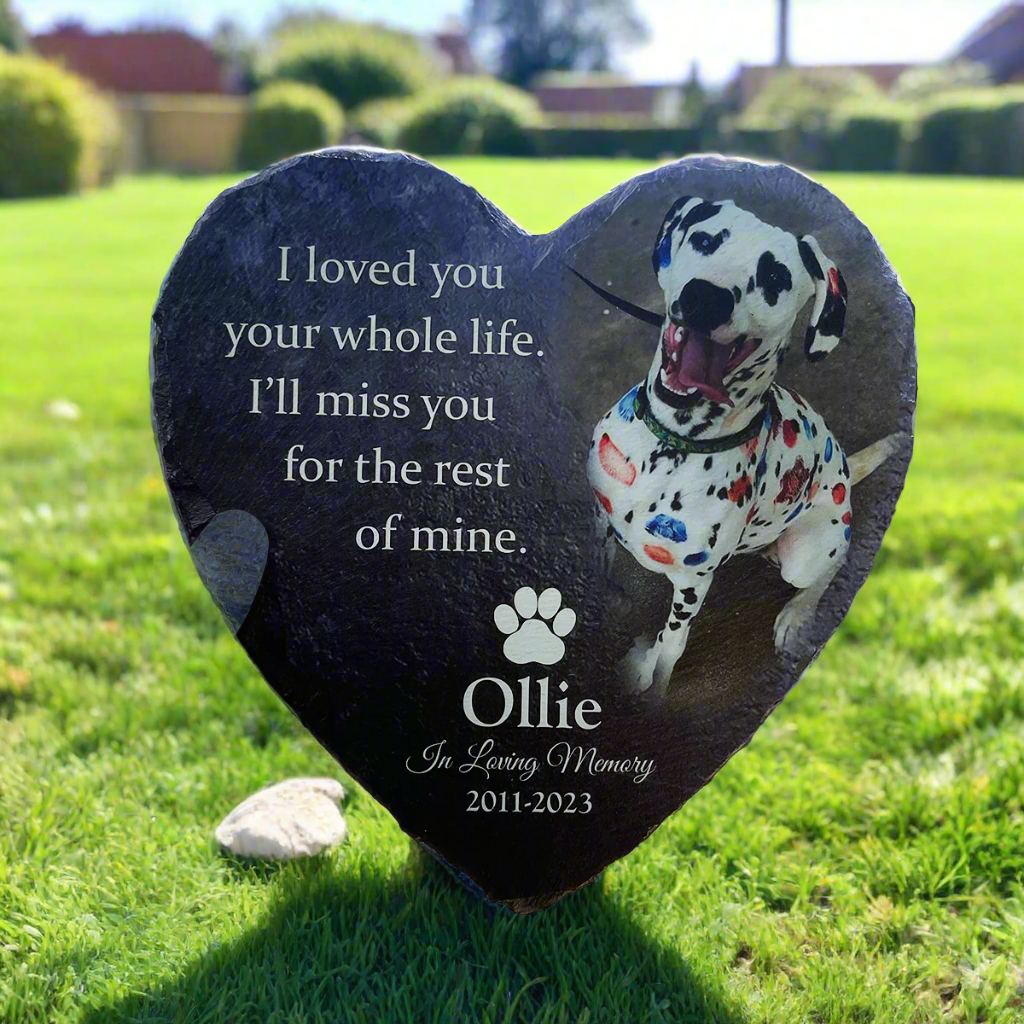

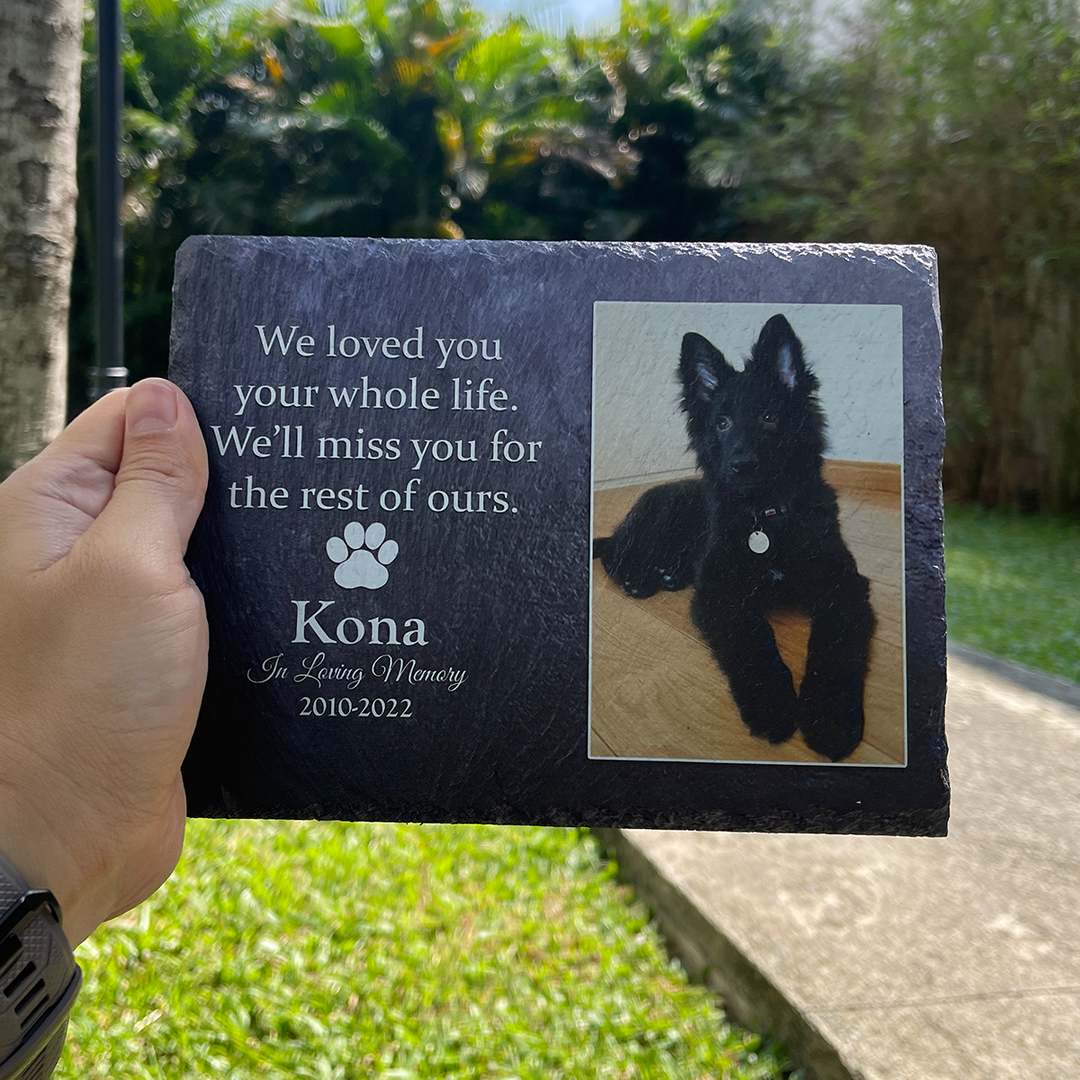

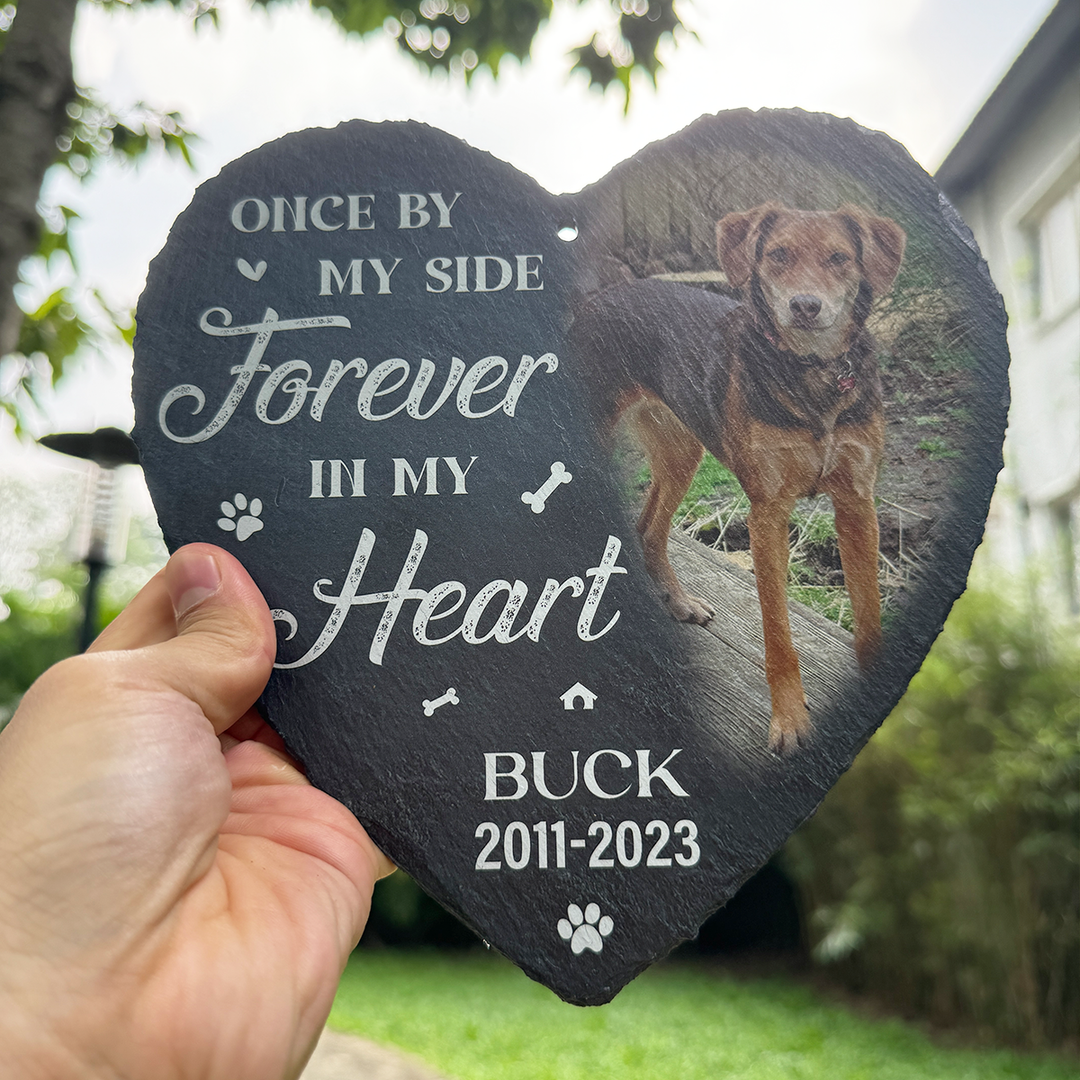

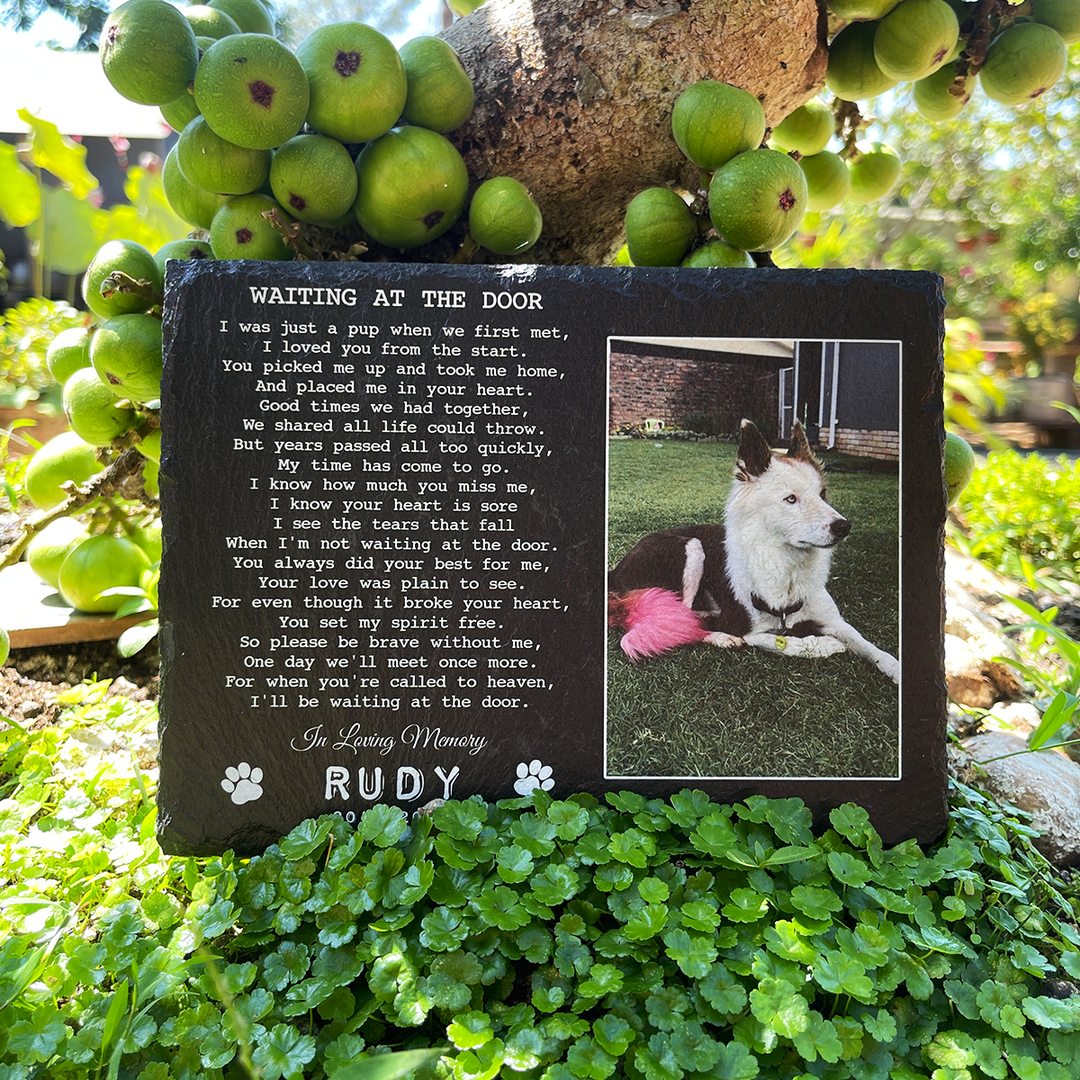

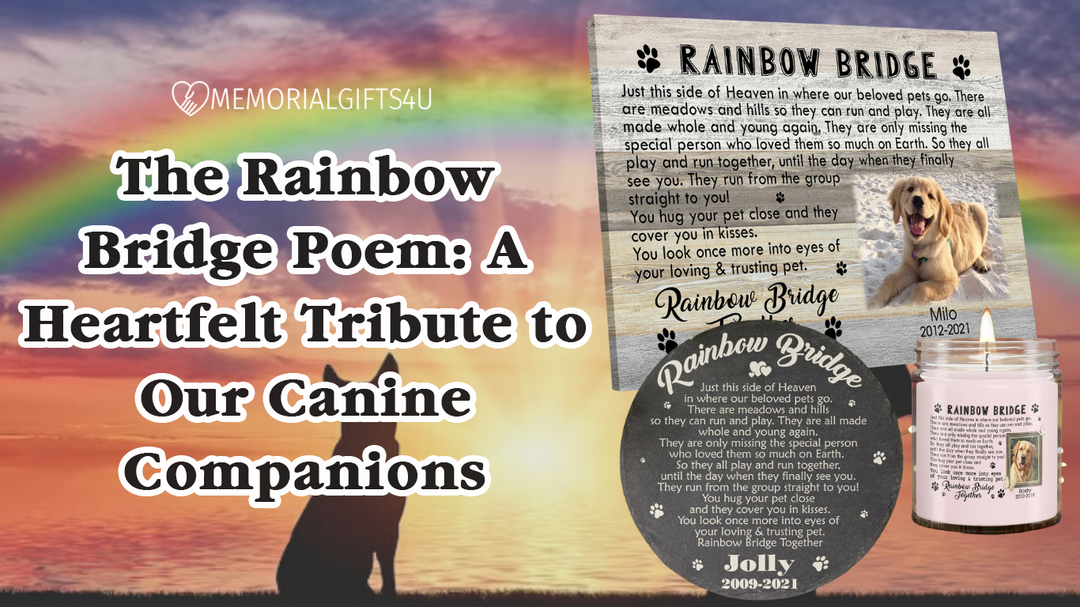
Leave a comment